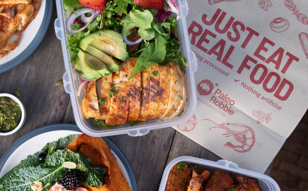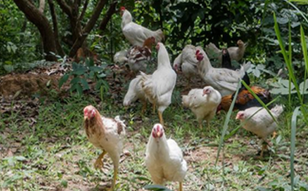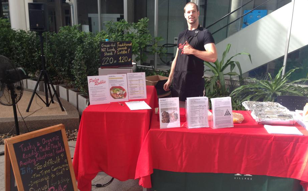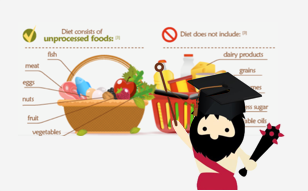April and May are Bangkok’s hottest months with dehydration creeping up on all of us. Expect to see the heat reach 38c this week which will feel much closer to 37c> when you add the humidity and pollution. You won’t be able to go outside for more than a few minutes before your clothes are soaked in sweat, wishing that you would have stayed in your room next to your air-con unit.
Expats who move to Thailand don’t realize the importance of staying hydrated in Thailand. If you just woke up or spent your last few hours outside then there’s a good chance you’re dehydrated right now. Many expats who move to Thailand suffer from constant fatigue, migraines, constipation and fogginess for years without exactly knowing why. Asides from a poor diet, the biggest concerning factor to the symptoms above is dehydration.
Do you think consciously about being hydrated in Bangkok? In today's article we're going to reveal how to know if you're dehydrated and the best foods to remedy the situation.
Signs of dehydration in Bangkok
Many people believe that if your body is becoming dehydrated you become thirsty, however this is not always the case.
There are five key signs you should look out for to spot dehydration in the tropics, they are:
- ‣ Dark yellow urine
- ‣ Headaches
- ‣ Sleepiness
- ‣ Feelings of nausea or fatigue
- ‣ Irritability
Have you ever wondered why your pee in the morning is dark yellow?
It's because you didn't drink any water during your sleep and your body is in need of water.
If you don’t take the necessary steps each morning to correctly hydrate yourself, your interactions at work, the gym or your daily wanderings around Bangkok will feel extremely tiresome and difficult.
Okay then, so what foods and drinks should you consume along with water? Rehydration is more than just drinking water, your body needs to replenish electrolytes and minerals which are lost through perspiration.
1. Watermelon (that do not contain added sugar)
Fruits are a great source of water, with watermelon ranking as one of the best sources due to its high water (92%) and mineral content.
Every bite of watermelon contains potassium, magnesium and phosphorus which are key minerals to hydrating and balancing your body’s internal system.
Just remember to choose your Thai watermelon from a trusted source, as many are injected with sugar which can increase dehydration!
2. Cucumbers
Cucumbers are on average around 96.7% water, contain vitamins A, B and C and acts as a catalyst to help flush toxins out of your body. Cucumbers in Thailand are inexpensive and can be found in almost all supermarkets in Bangkok.
3. Broth Soup
Broth is made from simmering bones in water over a prolonged period of time, this process extracts minerals from the bones into the water (and tastes great too!) Eating broth soup is arguably the tastiest way to stay hydrated in Thailand.
When your body is dehydrated it requires sodium (salt) to replenish what has been depleted, broth soups do a wonderful job of that.
You should be able to find broth soup at every street vendor cart that sells noodles, but chances are they are loaded with high amounts of MSG and too much added sodium that may end up having a negative effect on your body (bloat, tiredness, fatigue).
We always advise making your own broth when possible so you can control the amount of sodium that goes into each soup.
The best is always to make your own broth at home the way you like it, but if you don't have the time to make your own broth, you can find chicken and veal broth at our Paleo Grocery that is packed with hearty goodness.
4. Bananas
While they don't look like they contain much water, bananas are in fact 74% water and native to Southeast Asia making them plentiful and cheap. Bananas are one of your best options for replacing lost electrolytes as they are high in potassium, magnesium and manganese which your body excretes in Thailand’s unforgiving heat.
5. Coconut water
Don’t be fooled by the Gatorade bottles claiming they are the perfect sports drink or that they will hydrate you. The mass majority of sports drink you find at the are high in HFCS (processed high fructose corn syrup, bad sugar).
Coconut water on the hand is lower in sugar (unprocessed) and rich in calcium, magnesium, phosphorous, potassium and sodium which are all in their natural form.
If you can, drinking directly from the coconut is best and tastiest. If you’d like a more convenient way to drink coconut water, you can find organic coconut water from Maprao for as little as 40b per bottle at our Paleo Grocery.
Foods that increase dehydration
How do you avoid getting dehydrated in the first place aside from spending time in the sun? Reduce your intake of the following:
Coffee - We've all heard that caffeine in coffee acts as a diuretic and can result in dehydration, while this is true the effect it has is quite minimal unless you're drinking more than one coffee per day, or are drinking them with little water (espressos). Limit your coffee intake to 1 cup per day.
Fried Foods - Most fried foods are processed and extremely high in salt, if you're eating fried food daily you can quickly go over your daily allowance of salt in a single meal and trip your body into dehydration directly after eating.
All dishes used in our Meal Plan are a great alternative to fried foods.
Soy sauce - A story published not so long ago told a story about a teenager who consumed too much soy sauce and ended up in a coma which almost killed him.
Doctors believed the excess salt he consumed from the sauce resulted in a condition called hypernatremia due to the excessive salt intake.
Be watchful of the condiments you use for your foods, many are high in sugars and salts which combined with the tropical heat of Thailand can quickly dehydrate your body.
Are electrolytes sachets worth buying?
If you’ve stayed in Bangkok for any prolonged period of time you will know someone who swears by the use of electrolyte sachets you can find at the 7-Eleven and almost all pharmacies. They cost around 7-13b and they are meant to be consumed when dehydrated or after exercise, but are they really effective?
In most cases no, they are merely a cheaper version of a sugary sports drinks that is condensed into powder form. Unless you’re suffering from severe dehydration, you will be fine sticking to the 5 items listed above.
Summary
Do not underestimate the seriousness of dehydration, the effects of eating the wrong foods or not consuming enough water is compounded several times over in Thailand due to the excessive heat.
One study found that 75% of all Americans are dehydrated and we strongly suspect the number in Thailand to be something similar if not higher due to the tropical climate.
If you've had headaches for months or often feel lethargic or tired - are you drinking enough water in Thailand?

%2C0F5P6H2aWhU%3D.jpg)
 Latest
Latest Newsletters
Newsletters Learn
Learn Recipes
Recipes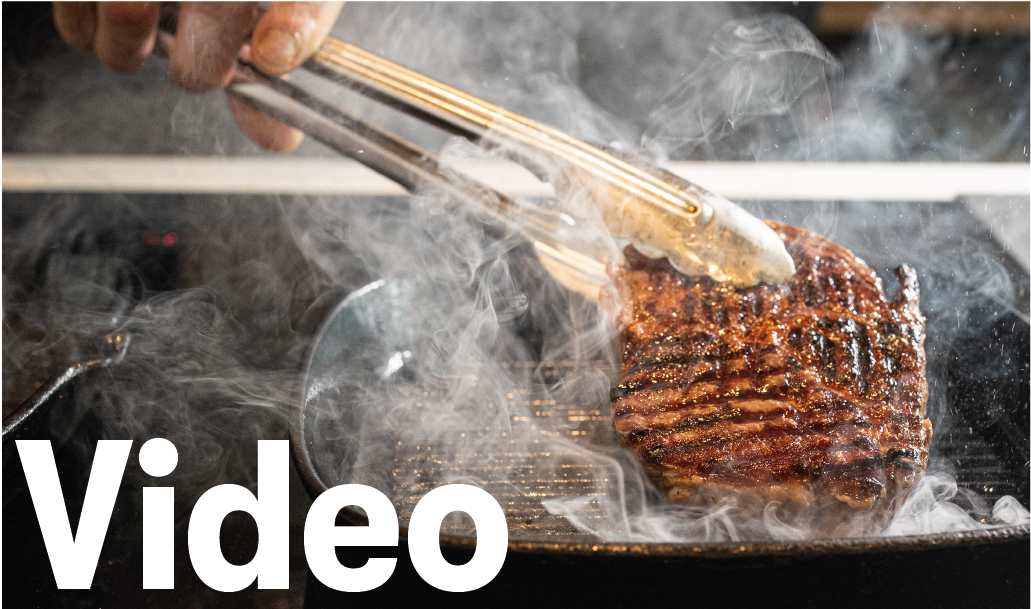 Video
Video